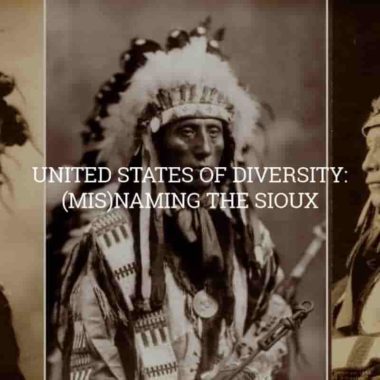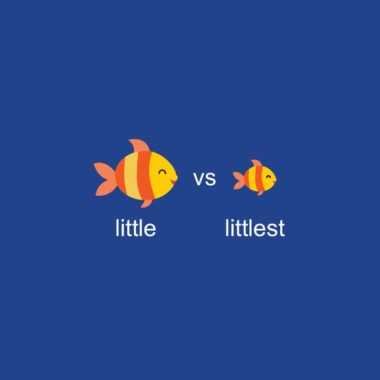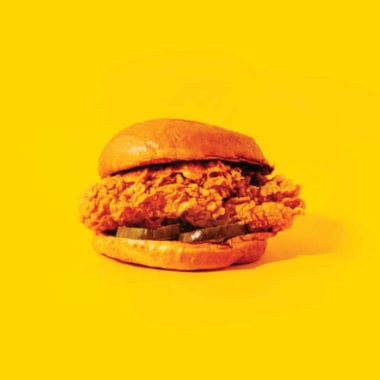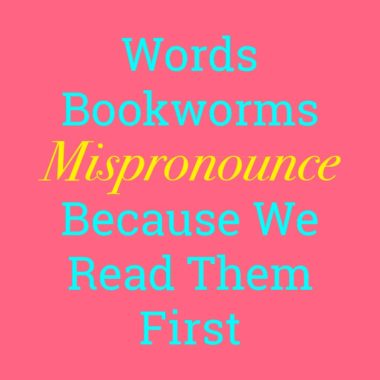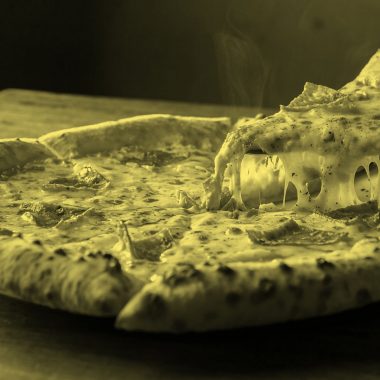What Does It Mean To Be Asexual?
by Rory GoryIn a recent study, “Diversity of Youth Sexual Orientation,” The Trevor Project found that one in five LGBTQ youth are using different words to describe their sexual and romantic identities and orientations, including terms like asexual and aromantic. (Read more about this study and those new words here.) But, there are many persistent and painful myths and misunderstandings surrounding sexual orientation, romantic attraction, …


